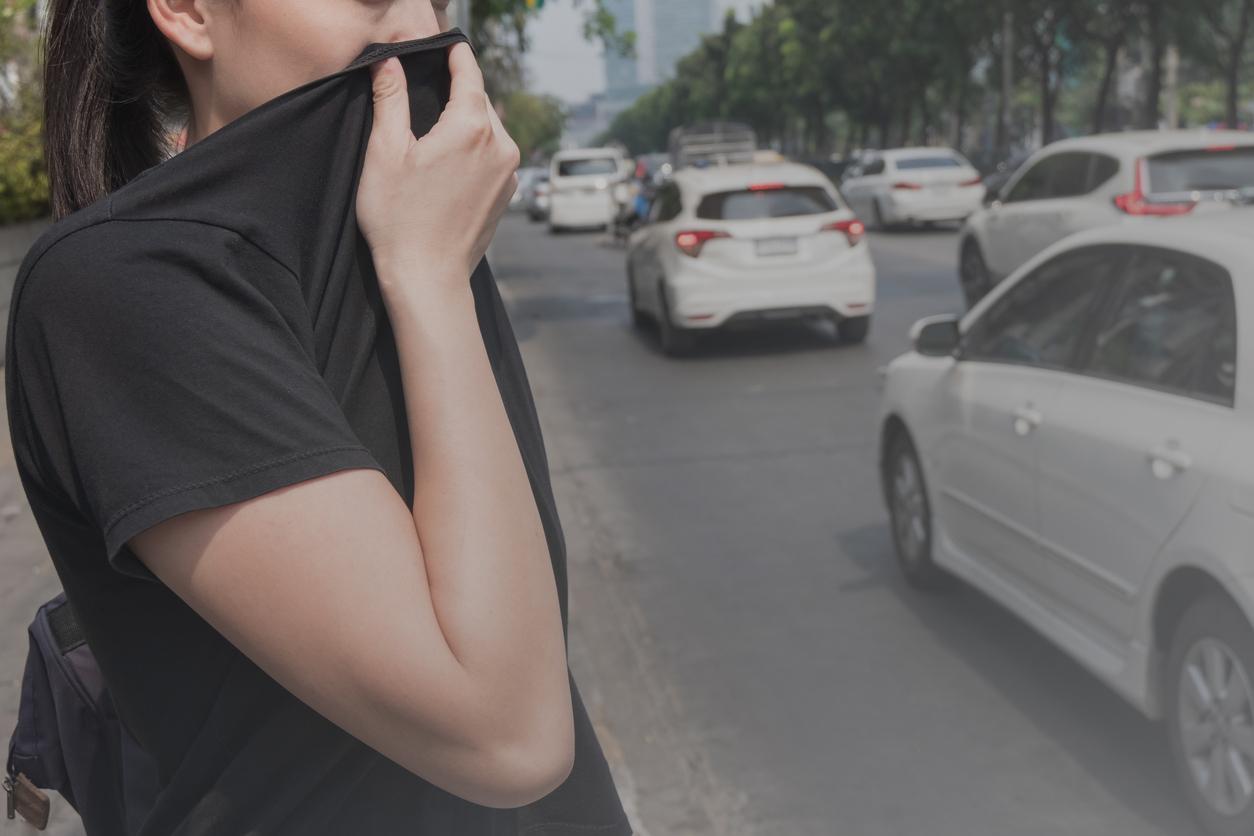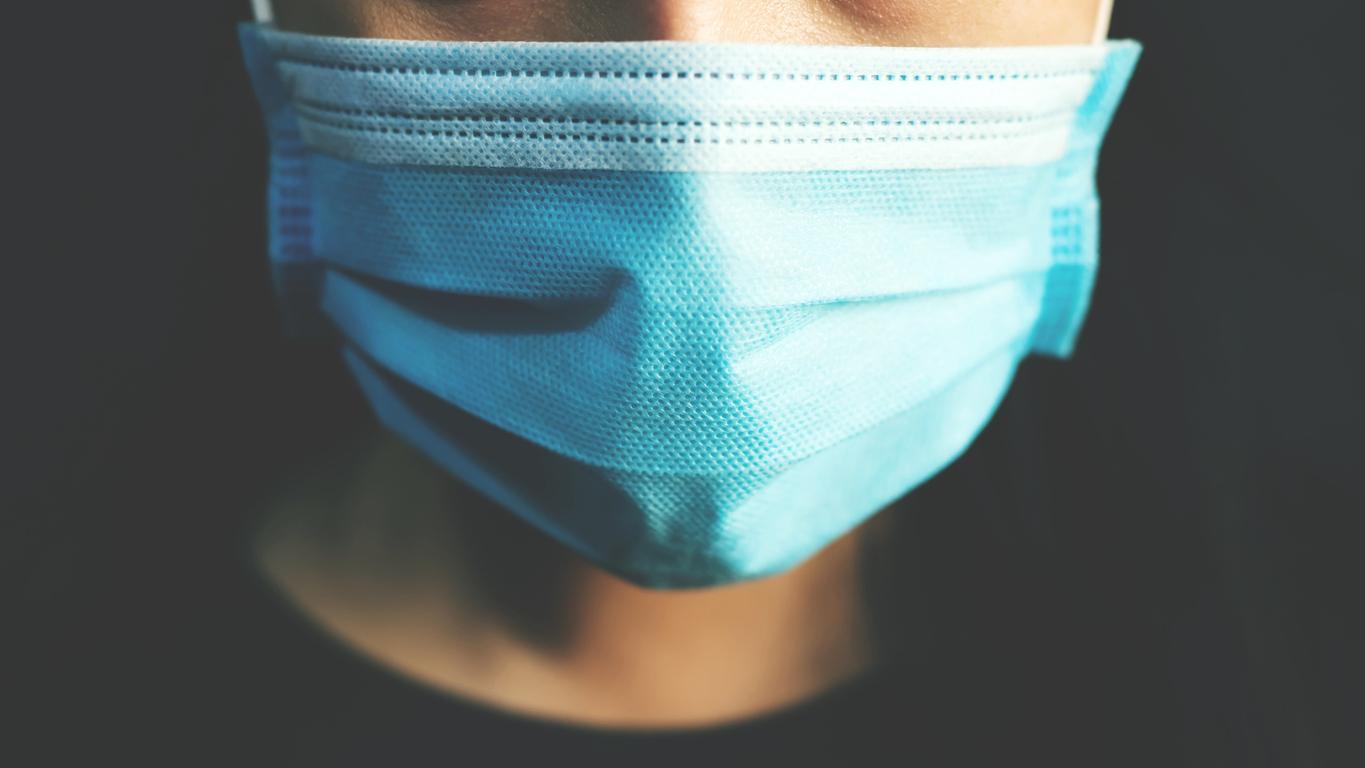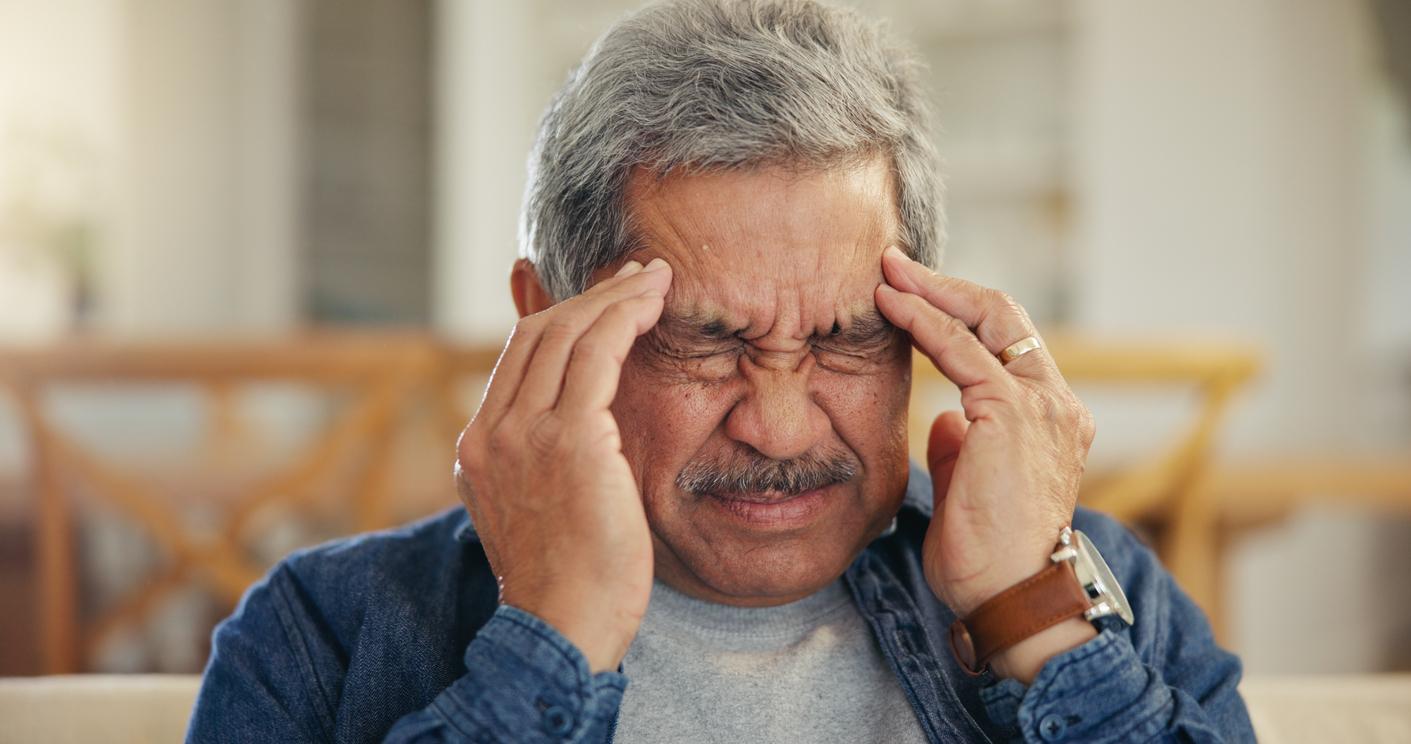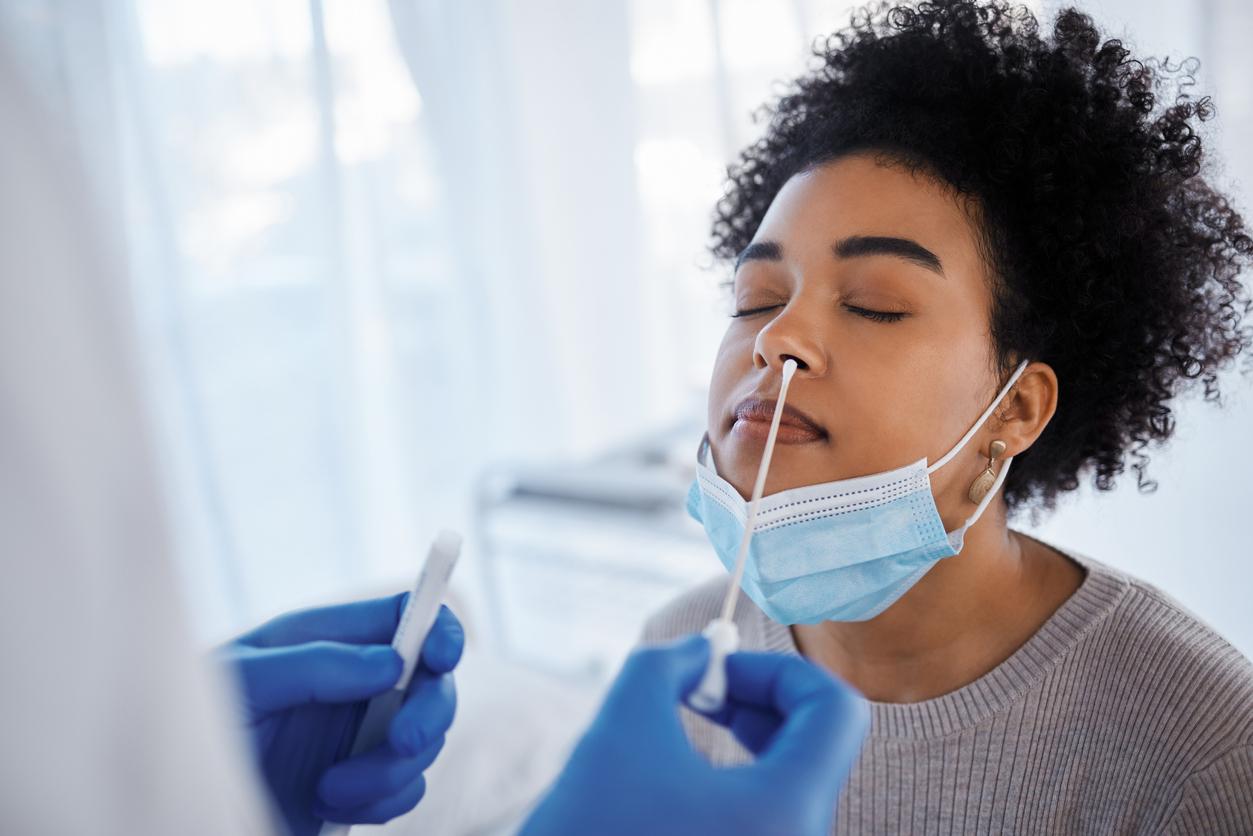Although they represent four out of five deaths, elderly patients are not included in clinical trials of vaccine candidates and are present in only half of those who test treatments.

- The elderly represent between 30 and 40% of cases of Covid-19 infection and 80% of deaths.
- Researchers fear that the absence of older adults from clinical trials makes it impossible to guarantee efficacy, titrate dosage or frequency, and assess adverse effects in the group most vulnerable to Covid-19.
While Covid-19 continues to circulate in the world and the million deaths was officially exceeded on Monday, September 28, clinical trials of candidate vaccines continue to be carried out. Trials from which the elderly are systematically excluded, who nevertheless represent between 30 and 40% of cases of Covid-19 infection and 80% of deaths. The latter also represent only 50% of the patients recruited to test the treatments.
Uncertain effectiveness in the elderly
In a research letter published in the JAMA, researchers are warning about the absence of the elderly from clinical trials and fear that this could affect the effectiveness of the future vaccine on this population. “We are concerned that the exclusion of older people from clinical trials will systematically limit our ability to assess the efficacy, dosage and adverse effects of Covid-19 treatments in this population.”, wrote Dr. Sharon Inouye, co-author of the letter and geriatrician at Harvard Medical School (United States). These evictions are common since each patient is unique and has factors, such as pathology, frailty or other, which can influence the effectiveness of the treatment. “Certainly some exclusions are necessary to protect the health and safety of older adults — such as poorly controlled comorbidities. However, many are not well substantiated, and instead seem to be due to expediency or convenience for researchers.”, points out the researcher.
In this specific case, the exclusion of the elderly from the various clinical trials raises questions since they are the ones who most need to be protected by a treatment or vaccine. “If the oldest age group is excluded from vaccine trials, it will not be possible to guarantee efficacy, titrate dosage or frequency, and assess adverse effects in the group most vulnerable to Covid. -19”, believe the researchers in the letter. The vaccine and the treatment should primarily aim to be effective in this category of the population. “If they are creating a drug that only works great on healthy people in their 50s and 60s, they are wrong.”, supported Sharon Inouye in the New York Times on June 19.
Seniors should be vaccinated
To arrive at these results, the researchers analyzed 847 ongoing studies, whether on a treatment or a vaccine. They studied all the cohorts of patients included in them and looked at the proportion of people aged 65 to 85. In total, 23% of them, or 195 studies, set an explicit age limit, of which 17 excluded all people over 55 and 108 set this limit at 75 or 80 years old. For the others, 39% have implemented criteria indirectly excluding the elderly, such as the need not to have hypertension, diabetes or even use a smartphone or answer an online questionnaire. Therefore, 447 studies out of 847 excluded this population category.
Vaccination of the elderly, when a vaccine becomes available, will be a necessity. “The high level of immunity required, coupled with the fact that many facilities (e.g. care homes) are staffed almost exclusively by older people, underscores the imperative to include the latter in Covid-19 vaccine trials.”, support the researchers. The latter conclude that their absence from clinical trials is not justified and that it is possible to carry out clinical trials on Covid-19 “as relevant and inclusive as possible”.

.

















